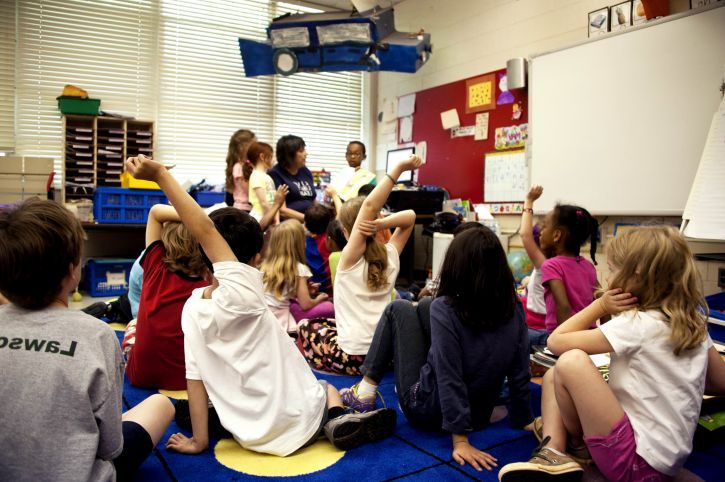The Windrush scandal, and the systemic problems that have caused it—unlawful deportations, Home Office errors and the broader impact of the ‘hostile environment’ policy—have led to ever louder calls for change in past weeks. These culminated in the resignation of the former Home Secretary Amber Rudd on Sunday night.
The next day, MPs interrogated the new Home Secretary, Sajid Javid, about his commitment to an “immigration policy that is fair and treats people with respect and with decency.” Quick to differentiate between “illegal migration” and “those who have a clear right to be in the UK,” Javid’s responses sustained the government’s narrative that has portrayed Windrush as an anomaly and defended the use of the ‘hostile environment’ against those said to have no right to be in the country.
This distinction, and the repeated dehumanising references to ‘illegal migrants’, ignores the vast numbers in the UK, including children born or raised here, who have every right to be here but who are, or become, undocumented because they face an immigration system that is impossible to navigate and too expensive.
For example, the single mother who tries to extend her visa but finds that a week before her application is due the fee has been increased by over £800 and she can no longer afford it. Or the 20–year-old who has lived here since the age of 8 but can not pay for legal advice as well as her four-figure application fee and whose application to extend her visa is rejected.
These are cases that children’s charity Coram, committed to improving the lives of the most vulnerable young people, sees daily. They illustrate that much more must be done to address the needs of all long-settled people currently suffering as a result of an immigration system that is not fit for purpose.
Over 100,000 undocumented children and young people have grown up in the UK, been educated here and think of themselves as British, but do not have regular immigration status.
For some, this only becomes evident when they leave school and try to work or study. Just like the Windrush generation, many are entitled to British citizenship but are unable to get the documentation to prove it because of staggeringly high fees, systemic complexity and a lack of funded legal advice. At the point where they are able to begin giving back to society, these young people are blocked from being part of it.
Last year less than 15 per cent of children who were living in the UK without papers were actually able to make immigration or nationality applications and escape legal limbo. Even those able to make an application face a wait of months or even years for a decision—sometimes, only to be told they can only stay in the country for 2½ years.
They must then make four further applications, costing over £10,000, and wait ten years in total before they can reach settled status which allows them to stay indefinitely. With every application they run the risk of becoming undocumented again if the Home Office makes an error, or they cannot afford the ever-increasing fees.
Administrative barriers to resolving immigration issues are part of the wider ‘hostile environment’: a package of measures deliberately designed to make life so intolerable for those here unlawfully that they will feel forced to leave the UK. Just as the Windrush generation have been cut off from employment, housing and healthcare, so too a new generation of young people are being left unable to work, open a bank account or drive a car, and are effectively barred from college, university and secondary healthcare. These consequences are not indirect, and they are not mistakes. They are the end result of government policy.
EU migrants living in the UK, over 670,000 of them children, form another group at risk. Many of these individuals or their parents came to the UK decades ago, under free movement rules. Because they never knew they would need it, many have extensive gaps in their documentation, or lack any because they arrived in the UK as children.
Thousands are in local authority care following family breakdown and risk becoming undocumented—falling into that group of ‘illegal’ migrants the government is targeting. The (still provisional) guarantee of settled status for EU citizens who have lived in the UK for five years relies on British immigration authorities not making the same errors they have made in relation to Windrush.
Children and young people who have grown up in the UK should be helped to integrate into and contribute to the country they call home. It is time to decide that as a country we will not allow many thousands of young lives to be ruined. Without urgent steps to create a fair, accessible, affordable immigration system, we can expect many more Windrush scandals in the future.
When even children born here risk becoming "illegal", it's time for a better immigration system
Over 100,000 children who grew up in the UK do not have regular immigration status. It's time to change the system—before there's another Windrush scandal
May 03, 2018

School children answer questions in a classroom.











